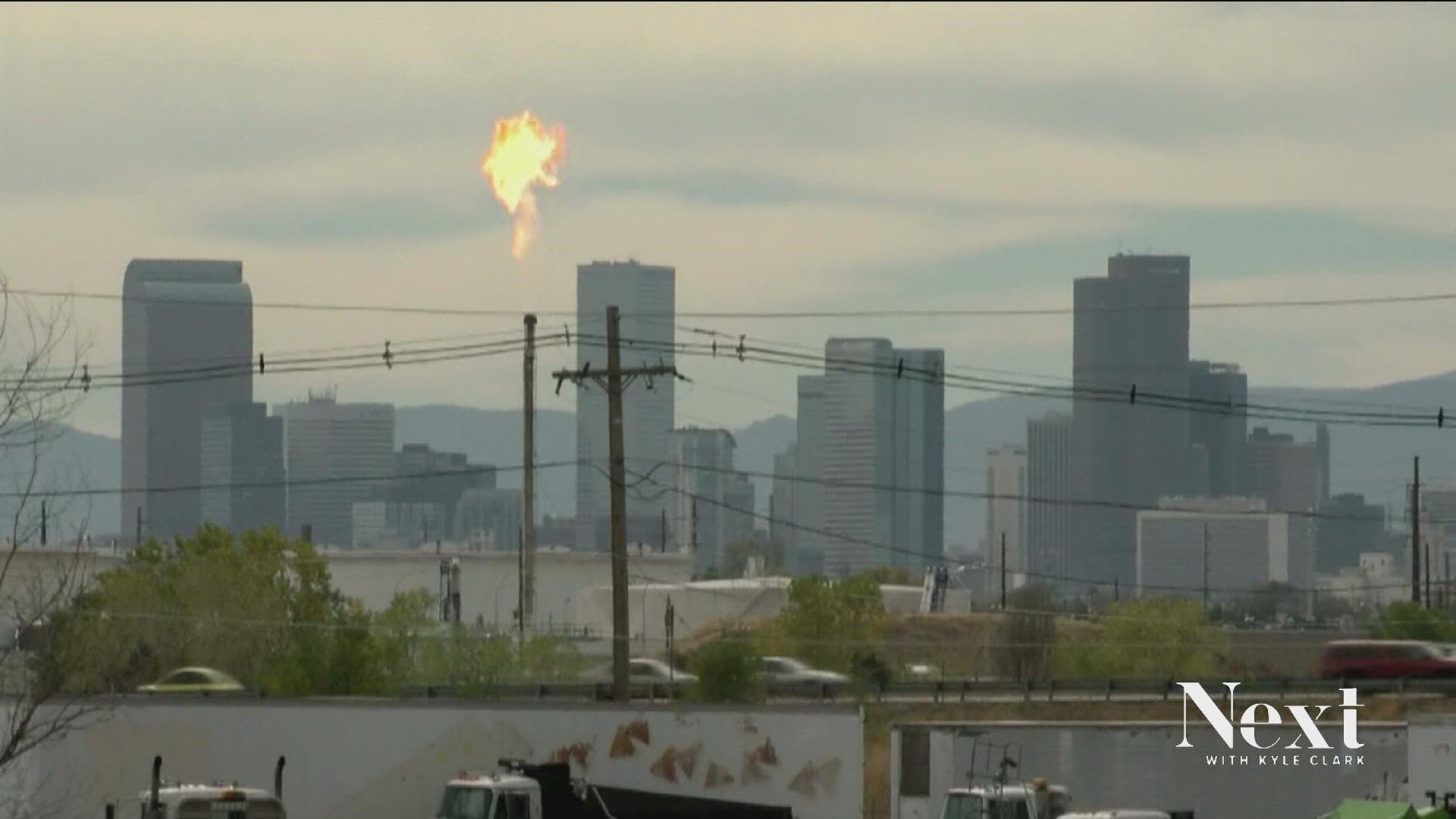DENVER — The U.S. Supreme Court changed America again Thursday.
A new ruling limits the Environmental Protection Agency's (EPA) ability to reduce greenhouse gas emissions from existing power plants. It also leaves a lot of environmental decisions to individual states, which is tricky considering how air and water cross state lines.
People working locally on climate mitigation action said the ruling won't stop their work, but it will limit it in Colorado.
Grace Rink leads the Climate Action Office for the city of Denver, and she's always excited to share her efforts. That includes dealing with the millions of dollars the city has spent on projects like energy-efficient heating, cooling, e-bikes and making solar panels more affordable.
"I couldn't do this work if I didn't have hope," she said.
Then, the Supreme Court announced its newest ruling.
"It said that if the EPA is to regulate greenhouse gas emissions, then Congress needs to specifically state that by amending the Clean Air Act," explained Rink. "I don't think any of us have faith in Congress to do that now or in the foreseeable future."
Rink said it was a blow. While it won't slow down or stop the work being done at a city level, it could impact the long-term success rate.
"Our ability to achieve our ultimate goal of zero emissions by 2040 is definitely in jeopardy," she said.
She was also resoundingly confident that this was not an end to the work being done to mitigate climate change but said the movement to curtail climate change will look different. With a national response eroded, states, counties, cities and grassroot movements will bear more responsibility. However, climate change doesn't happen in a vacuum. This ruling is opening up a fractured response across the country
George Marlin is with the Colorado Communities for climate action, representing 39 local governments across the state.
"It will be difficult for the state of Colorado," he said. "What we can do is be a lab, we can innovate, and show the rest of the nation how to go about this the right way."
We heard similar words from the Western Slope Oil and Gas Association that represents around 80 companies. Executive Director Chelsie Miera said local companies will keep working to do things the right way.
"It's not either-or, but how we can do it all together," she said.
Miera said the ruling helps strike a balance between making natural gas affordable, while the industry has curbed emissions and will continue to develop technology and methods to reduce emissions even more in the future.
"There's a social license to operate, you have to do the right thing," said Miera. "We all live, work and play here. We want clean air. We want clean water."
Everyone we talked to said they are now looking to the state. Those working on climate change mitigation said they hope state agencies will double-down on reducing greenhouse gas emissions to fill the gap left by the ruling.
The oil and gas industry is waiting to see how the state interprets their role in setting emissions standards.
In a statement Democratic Governor Jared Polis wrote:
"We have already locked in the closure of Colorado's coal plants no later than 2031 because they produce the highest cost electricity. To save people money, we are rapidly moving to lower cost solar and wind energy and today's decision does not affect our plans. But today's Supreme Court decision does narrow the ability of the federal government to take common sense steps to protect the air we breathe so state leadership is now more important than ever," said Gov. Polis. "In Colorado, we are showing the nation how cost savings from clean energy is rapidly reducing pollution, saving people money, and creating jobs. Colorado utilities are already on a path to meet or exceed 80% renewable energy by 2030. We are fighting for a cleaner, healthier community, doubling down on climate and clean energy strategies to save people money on everything from energy bills to health care and bring good-paying green jobs to Colorado."
The state also wrote:
"This spring, Governor Polis signed transformational laws to protect Colorado's air, prepare and respond to wildfires and the Polis-Primavera administration has enacted nation leading plans to address climate change, create good paying jobs and protect our air. The Polis-Primavera administration released Colorado's Greenhouse Gas Pollution Reduction Roadmap and the majority of Colorado utilities are on the path of exceeding 80% renewable energy by 2030."
SUGGESTED VIDEOS: Full Episodes of Next with Kyle Clark

